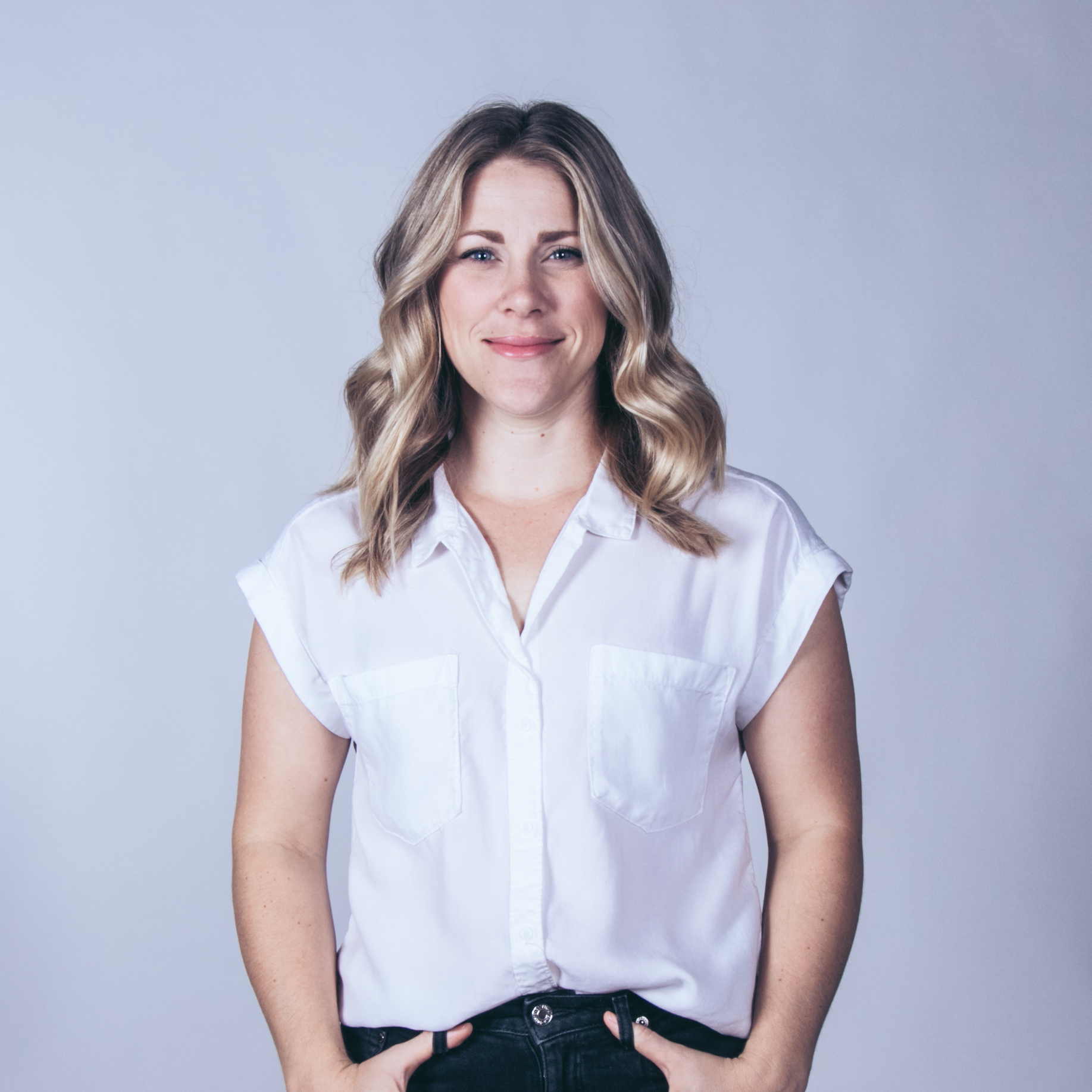When rapper Flo Rida set a digital sales record with his single “Low,” which moved 470,000 copies the first week of January despite not being available on an album, it was emblematic of an intriguing trend. Digital hip-hop song sales are at an all-time high, but in terms of digital album commerce, hip-hop is lagging behind other genres. In 2007, of 500.4 million albums sold industry-wide, 10 percent were sold digitally. In comparison, of the 41.7 million rap albums sold, only 7 percent (2.9 million) of those were digital.
So far this year (through the week ending February 17), according to Nielsen SoundScan, overall album sales stood at 56.4 million, with 15.4 percent of that figure being digital (8.6 million). Of the 4 million rap albums sold, 11.2 percent have been digital (447,000).
Two indie labels are seeking a solution. Amalgam Digital, which claims it is the first hip-hop-specific online retail store, and Def Jux, which is finalizing plans to expand its label site to a full-blown digital store, are experimenting with new ways to boost the genre’s download sales stats.
Amalgam general manager Jay Andreozzi believes that the label not only creates a platform for indie hip-hop artists who otherwise might find it difficult to get music featured on iTunes or Rhapsody, but that it also will aid in shifting hip-hop’s digital figures.
The label is committed, Andreozzi says, to “new strategies like additional bonus tracks or a cappella versions of the album or exclusive digital-only albums.”
An example of the latter is Joe Budden’s “Mood Muzik 3.5.”
The digital-only album was made available earlier this year exclusively on Amalgam’s Web site before the release of “Padded Room,” the New Jersey rapper’s official sophomore release, due this spring via the label. In addition, a limited-edition a cappella version of “Padded Room” will be made available free to fans who buy the album from the Amalgam site.
SINGLES VS. ALBUMS
Bill Crowley, vice president of digital/mobile for Koch Entertainment, says that although specialty stores have been successful in the past, he isn’t certain a hip-hop-specific store will do as well.
“There’s a really healthy hip-hop market on the digital side, but they aren’t the most likely to buy full-length albums,” he says, referring to the that hip-hop culture historically has centered on singles rather than full-length releases.
“While a lot of hip-hop fans can tell you their top 10 hip-hop albums, there are plenty that love the genre, but aren’t embedded in the culture, that can’t,” says Jason King, artistic director at New York University’s Clive Davis
Department of Recorded Music. “Hip-hop has never really been a concept-album-driven culture.”
Still, Def Jux plans on adopting the same free/bonus content policy Amalgam has implemented when it expands its online store in coming months. Currently, the site sells only music by Def Jux artists.
“You can put all the B-sides and exclusive digital content on there to further draw people in,” label manager Jesse Ferguson says. “You can add CDs, sneakers, sweatshirts, plus an entire catalog digitally, and not worry about it being in stock or not.”
Andreozzi believes that signing former major-label artists like Budden (whose 2003 self-titled Def Jam debut has sold 526,000 copies) to indie labels will further facilitate growth in online album sales.
“We had the highest-selling individual album on Amalgam with Joe, and now, when we do his next album, we will hopefully be able to do it on a bigger scale,” Andreozzi says.
Crowley says, “There’s a lot of success to be had when a high-profile artist finds their way to an indie,” but he still believes singles sales will remain on top. “It all comes down to delivering tracks people want,” he says. “Still, if they buy an album or a single, it beats the alternative of people not caring at all, or caring so little they’d opt to download illegally.”





























